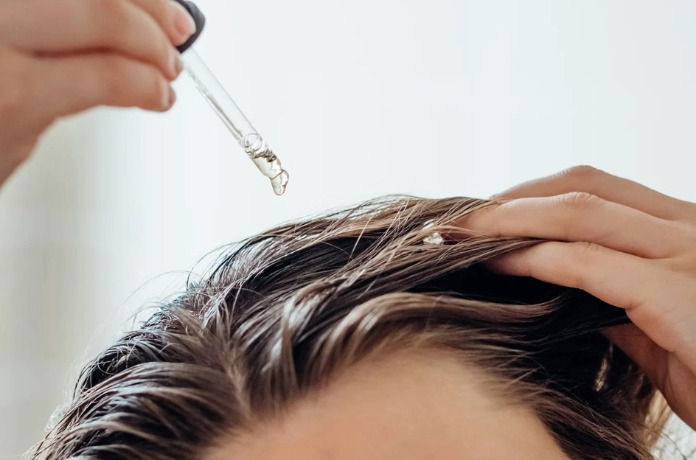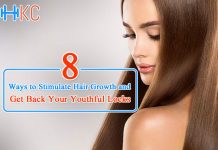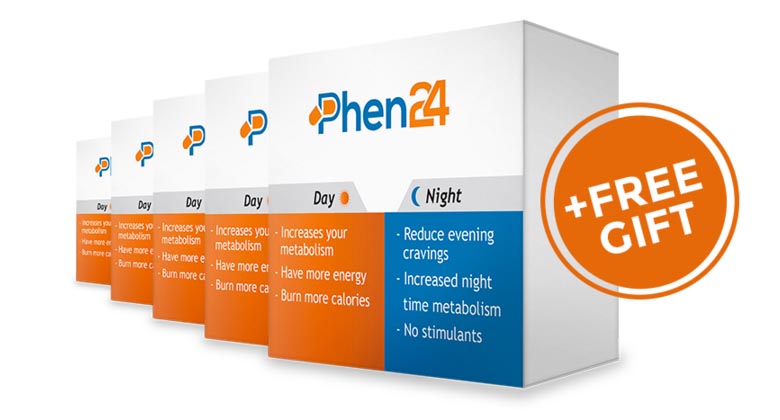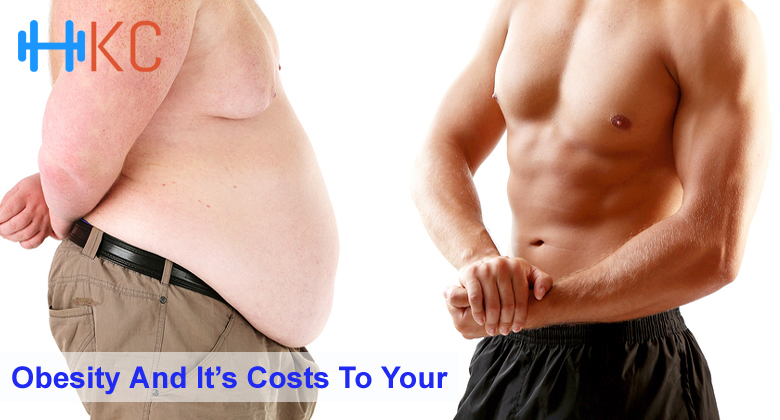The postpartum journey is magical, having a new life, and a little. But as far as health goes, you are in for a challenging ride. Of all the issues new moms face after birth, postpartum depression usually gets complete attention. Other problems such as postpartum hair loss often go unaddressed, partly due to a busy schedule, partly because these issues don’t call for extensive medical treatment. However, your hair is a part of your look good, feel good principle, so make sure your tresses get some TLC. And in that area, castor oil works wonders!
Why The Need For Castor Oil For Postpartum Period?
If you are facing postpartum hair issues such as hair loss or thinning hair — you are not alone! It is such a common issue that many women face, that it has its own scientific term — telogen effluvium (postpartum hair loss). Another fact is that around 50 percent of women experience this after giving birth. So, know that it is perfectly natural to lose hair volume when you have recently had a baby.
You may see anything from a few strands to complete clumps of hair falling out after giving birth, usually starting after a couple of so months rather than immediately. Throughout pregnancy, your estrogen levels go up, which not only prevents the common hair loss process but also gives you that pregnancy ‘glow’ in both skin and hair.
On the other hand, once you give birth, your estrogen levels go down. Your hair strands enter the ‘resting’ phase, leading to significant hair loss. Think of this as your body’s way of slowing down after it has been working hard for a better part of an entire year. That is why you have the misfortune of not being able to evade postpartum fatigue, skin problems, and hair weakening.
The silver lining? Most of your health problems are temporary, provided you take good care of yourself. While your hair will return to its original thickness, applying castor oil does help minimize postpartum hair fall and promotes string and shiny hair once you are out of the postpartum period.
The Magic In Castor Oil For Hair Health
While you know all the facts and understand that postpartum hair loss is natural, it is still a stressful experience. You may feel like splurging on expensive hair products. But there is no need to spend too much to manage postpartum hair fall. Castor oil offers a safe, effective, and budget-friendly solution for maintaining your locks.
Castor oil’s magical powers are due to its ricinoleic acid content. There are many ways castor oil ups your nutrition game. That is why it is a worthwhile ingredient for your hair during the postpartum period.
- Moisturizing Effects…
With its abundance of ricinoleic acid, castor oil is a natural moisturizer that targets the roots, body, and ends of your hair. By moisturizing and locking in the natural oils, it nourishes your hair. As a result, you get stronger hair that is less susceptible to breakage and shedding.
- Anti-inflammatory Properties…
In addition to being an effective moisturizer, castor oil also possesses anti-inflammatory properties. This means that it can soothe your scalp, preventing flakiness and discomfort. Since your castor oil regime targets the very base of your hair, it also enables your hair to tolerate many internal and external effects. Your hair withstands medicinal side effects and cold, dry temperatures.
- Microbial Defense…
Castor oil also has antimicrobial properties that combat the growth of bacteria or fungi on your scalp—i.e. the microbes that damage your scalp. Make sure to include castor oil in your everyday hair care routine to minimize postpartum hair loss.
Caution When Using Castor Oil Postpartum
Before you introduce castor oil to your hair care routine, it is necessary to practice carefulness. Know that some people have an allergic reaction or skin irritation when using castor oil. If not you, then your baby may be sensitive to the oil, so make sure your hair is covered when you hold your baby.
To ensure your safety, do a patch test beforehand. This simple step can go a long way—you stay safe and use castor oil without undesirable side effects.
Another aspect you should be diligent about when using castor oil during postpartum hair fall is avoiding residue and buildup. Castor oil is extremely thick, and can easily be left behind after a regular hair wash. You don’t want clogged pores and the resulting irritation and breakouts. Make sure you shampoo your hair thoroughly, twice being ideal.
How To Use Castor Oil For Postpartum Hair Loss
Stick to a weekly massage routine using castor oil. If you are not comfortable with using castor oil by itself due to its unique viscosity, use a blend of castor oil and almond oil/coconut oil.
Given that castor oil contains omega 3 and vitamin E, consuming a spoonful per day may also help improve your overall health and hair. However, castor has laxative properties, which is why it is not ideal if you are breastfeeding. Topical application should suffice for your hair’s overall well-being.
Remember, while castor oil is quite effective, adopt other hair-friendly habits during the postpartum period to minimize hair loss:
- Steer clear of habits that harm your hair, such as straighteners and curling irons, as well as hair coloring treatments. Choose relaxed hairdos, steering clear of root-pulling accessories and hairstyles.
- Postpartum hair loss is primarily triggered by the readjustment of hormone levels after giving birth. Therefore, you can potentially reduce hair loss by maintaining a nutrient-rich diet.
- Finally, relax as much as possible and stay away from stressful situations. Stress plays a significant role in postpartum hair loss, triggering premature hair shedding. Give yourself a break and take the time out for self-care each day.
Bottom Line
Are you looking to achieve luscious, long post-pregnancy locks? Enter castor oil to minimize hair breakage and shedding. By sticking to a regular use of castor oil, you can manage hair loss. Its ricinoleic acid content helps reduce inflammation and improve blood circulation in the scalp, so you can look forward to being healthier during the postpartum journey!























